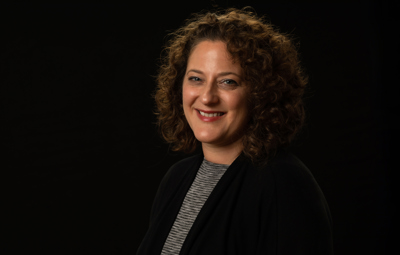Member Story: Rachel Madan, Director, Sustainability & Impact, Luminous
How did you get into CR&S, and why did you choose this profession?
I came via the environmental pathway. I was always interested in environmental protection, and I remember hearing about the Rio 92 summit when I was in high school. It was always on my mind as I majored in ecology in evolution in university. But after graduating I didn’t want to take the academic path and just followed what was of interest to me. My early career was in non-profit and government, and after studying for an MSc in environmental and development I was increasingly interested in the role that business can (and should) play in making society more sustainable.
What makes your sector unique from a CRS perspective?
I work in consulting, a mix of strategy and communications. My sector is all the sectors! I absolutely love it. I get to deep dive into so many different challenges. It’s fascinating when companies have similar communciations or engagement issues, even if the sectors are very different. Then again, I truly do love it when I’m faced with a problem that I’ve literally never come across before.
What do you need to do your job brilliantly?
I lead a team of absolutely wonderful consultants. I could not do my job without them. The first six months of my tenure at Luminous, my department was me, myself and I. There’s only so much you can do as one person. Also my partners in business development, and the rest of our teams.
What are the most essential skills for working in CRS?
On the behavioral side – communications skills, influencing and curiousity are very important. The field moves quickly so you need to be prepared to learn, and to learn fast.
Having some technical expertise, whether on environment, social, or governance issues, or a sector speciality is also helpful today.
Also, patience. Things never move as quickly as you’d like.
What advice would you give to others on getting into CR&S?
It’s just a broad field – there are multiple entry points. If your first choice doesn’t pan out there are always options. Especially in our field there is no clear career path or one way to do it. It’s changing but it’s still very much DIY where everyone’s journey is unique. That has challenges in that it can be difficult to know what particular niche to follow. I think it’s best to follow the combination of what you’re interested in and good at, combined with what the market is looking for at a particular point in time.

